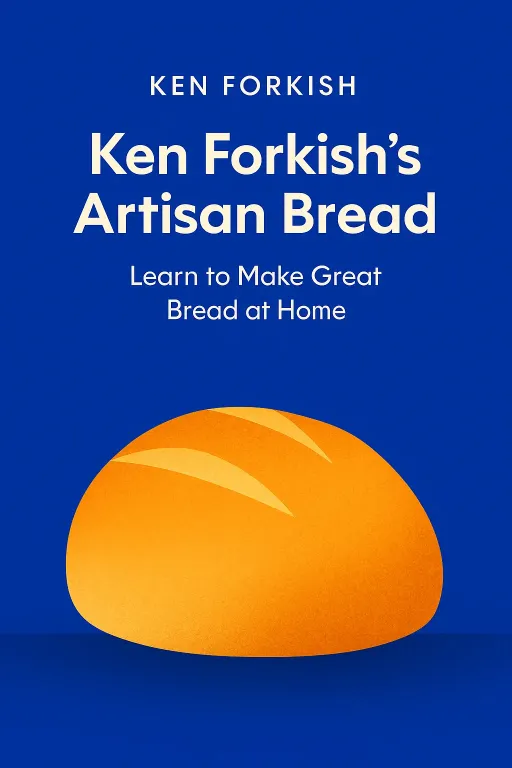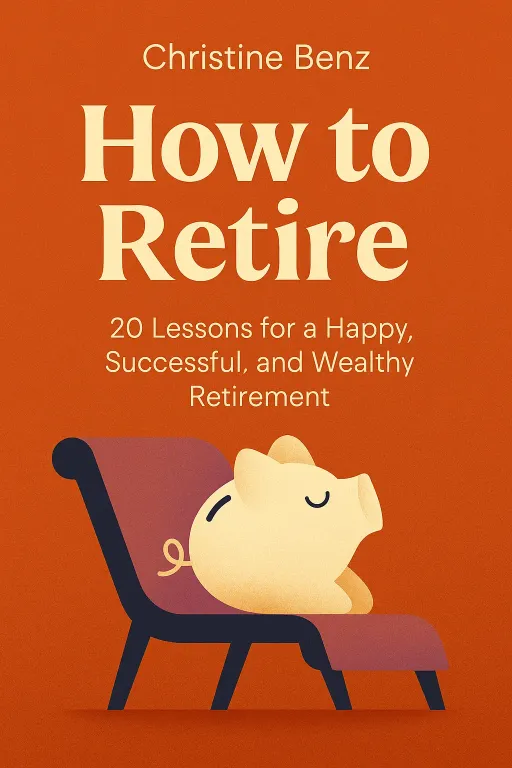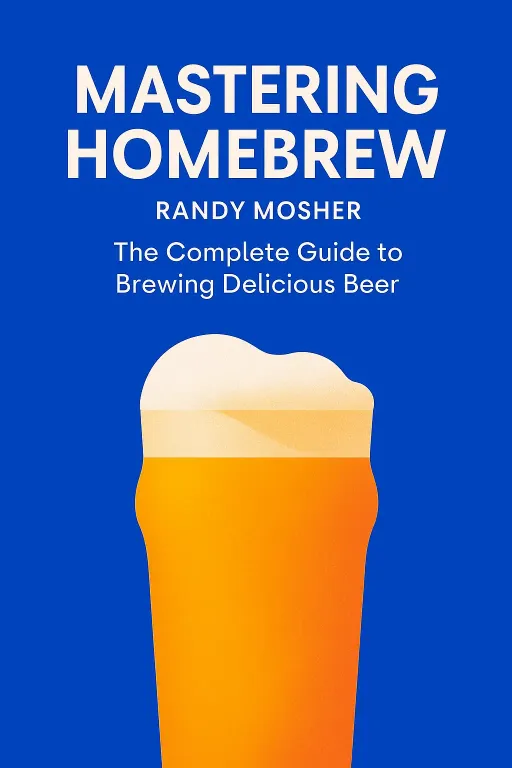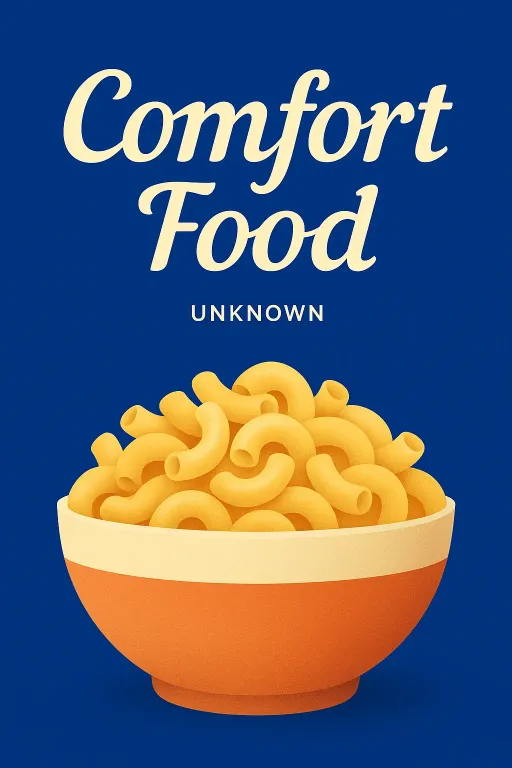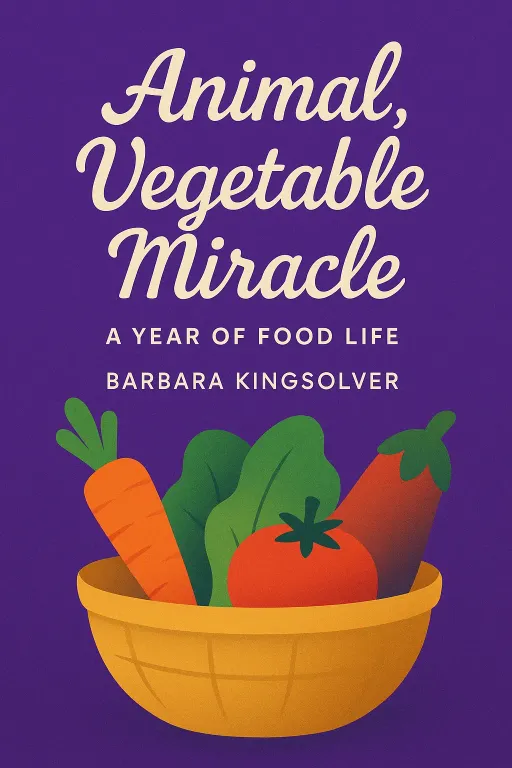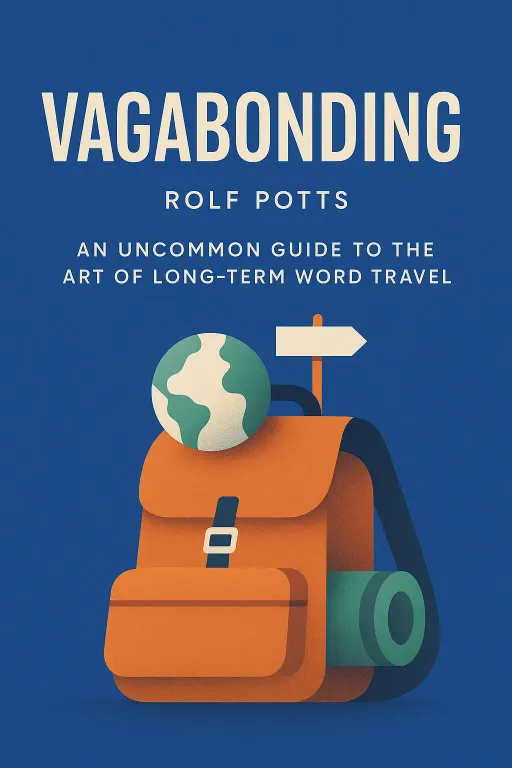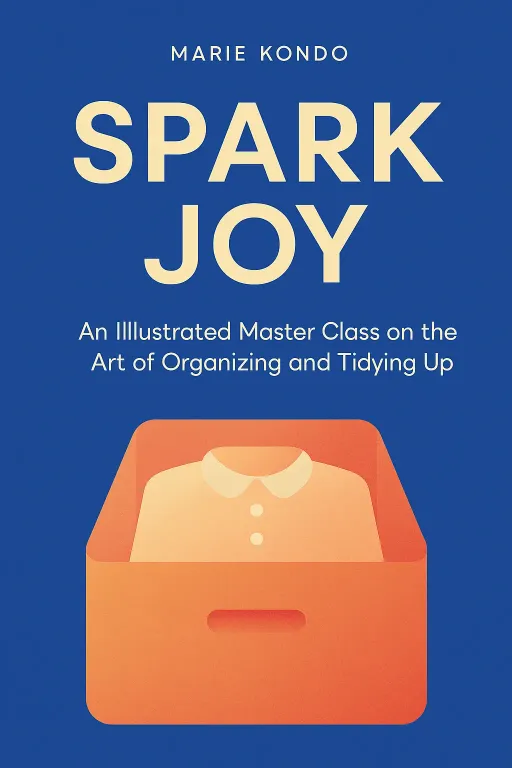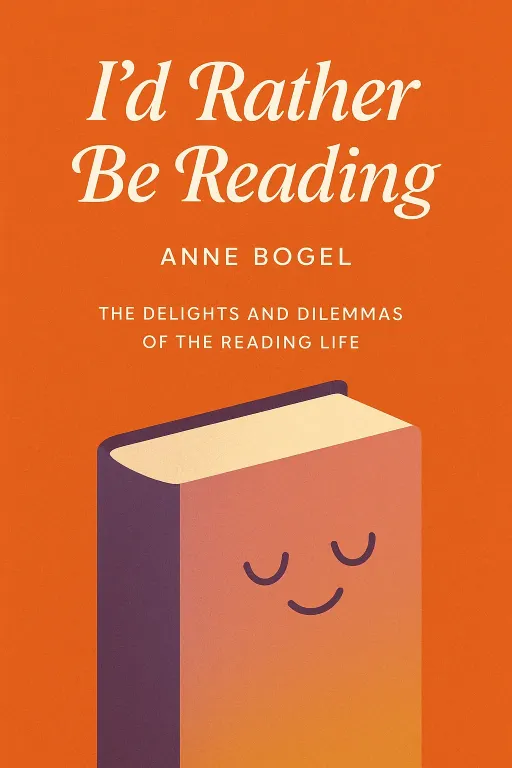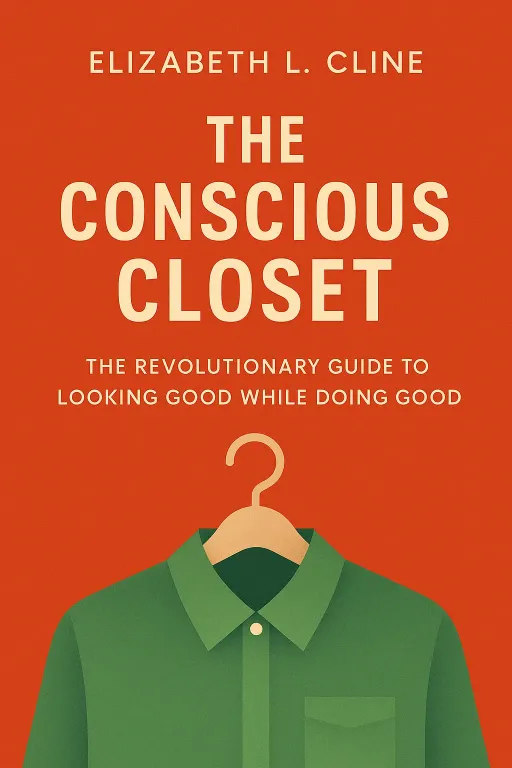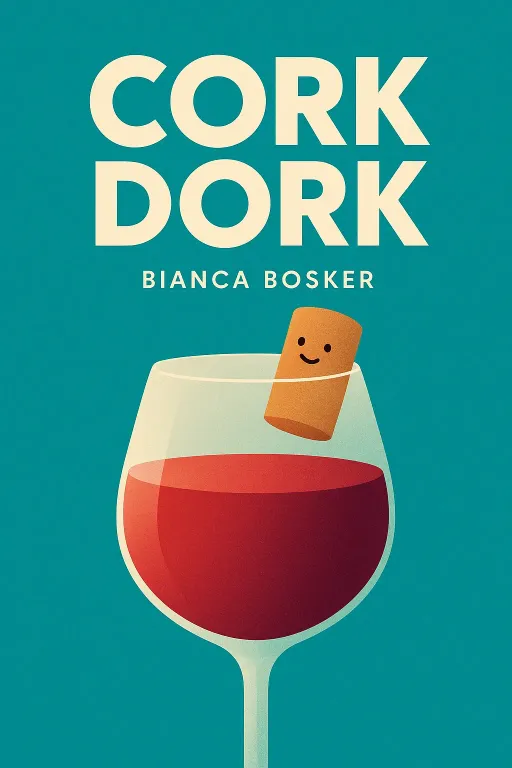
Cork Dork
10 minIntroduction
Narrator: What if the key to a richer, more vibrant life wasn't found in a new app, a productivity hack, or a spiritual retreat, but in a simple glass of wine? For technology journalist Bianca Bosker, life had become a series of glowing rectangles. Her world was filtered through screens, her senses dulled by the digital haze. She saw sommeliers—the wine experts of fine dining—as pretentious gatekeepers, intimidating diners into buying overpriced bottles. But one night, scrolling through videos online, she stumbled into their world: a high-stakes competition where these "somms" could identify a wine's grape, origin, and vintage from a single sip. It wasn't the wine that captivated her; it was the almost superhuman sensory acuity on display. It was a level of perception she felt she had lost.
This moment sparked a question that would change her life: In an age of sensory deprivation, could this skill be learned? Could she, a self-proclaimed "taste-blind" civilian, train her senses to experience the world with the same richness and detail as a master sommelier? In her book, Cork Dork, Bosker documents her obsessive, year-long journey to answer this question, diving headfirst into the subculture of wine fanatics, neuroscientists, and cellar dwellers to uncover what it truly means to taste.
The Obsession Begins with Skill, Not Romance
Key Insight 1
Narrator: Unlike the typical story of a life-changing glass of wine enjoyed in a picturesque Italian vineyard, Bianca Bosker’s wine epiphany happened in front of her computer. She was fascinated by the sheer skill of the sommeliers in the World's Best Sommelier Competition. They weren't just tasting; they were performing feats of sensory deduction, deconstructing a liquid into a story of place, time, and craftsmanship. This performance stood in stark contrast to her own life, which she felt was becoming increasingly detached from physical sensation.
This led her to a critical observation about modern foodie culture: people spend fortunes on artisanal cheese, single-origin coffee, and craft beer, obsessing over finding better-tasting things, yet they invest no time in becoming better tasters. Bosker realized she was guilty of the same, treating wine as either an accessory or an obstacle. Driven by a mix of shame and journalistic curiosity, she resolved to quit her job and immerse herself in this world, not just to learn about wine, but to see if she could fundamentally rewire her own senses.
The Price of Admission is Unrelenting Dedication
Key Insight 2
Narrator: Bosker quickly learned that the world of wine is not a welcoming place for outsiders. Her initial confidence was met with rejection. The industry is a closed circle, and entry requires more than just interest; it demands sacrifice. Her way in was not a glamorous apprenticeship but a grueling, low-paying job as a "cellar rat" at a New York restaurant, L'Apicio. The work was manual labor: hauling cases, organizing inventory in a cramped cellar, and polishing hundreds of glasses.
This unglamorous role, however, provided the access she craved. It was here she met her guide into the deeper circles of the wine cult: Morgan Harris, an aspiring Master Sommelier. Morgan embodied the profession's obsessive nature. His life was a testament to the fact that for true sommeliers, wine is not a job but a total surrender. He introduced Bosker to the secret societies of the wine world: the elite, late-night blind tasting groups, like the one held at the famed Eleven Madison Park. These sessions were intense, competitive, and governed by the rigid structure of the Court of Master Sommeliers' exam—a test so notoriously difficult that only around 230 people in the world have ever passed it, a smaller number than active Navy SEALs. To even attempt it, candidates spend tens of thousands of hours studying, tasting thousands of wines, and making immense personal sacrifices.
The Science of Sensation Confirms That Taste is Trainable
Key Insight 3
Narrator: Was this extraordinary ability to taste a natural gift or a learned skill? To find an answer, Bosker traveled from the cellars of New York to a scientific conference in Germany, seeking validation from neuroscientists studying taste and smell. What she discovered was a revelation that validated her entire quest. Scientists confirmed that the old "tongue map"—the idea that different parts of the tongue detect different tastes—is a complete myth. More importantly, they revealed that what we call "flavor" is overwhelmingly dominated by our sense of smell.
The most crucial discovery was that the olfactory system is highly plastic. Researchers presented studies showing that consistent smell training—smelling a few distinct scents like rose, lemon, and clove twice a day—could significantly improve a person's ability to detect and identify aromas. This training could even reverse specific anosmias, or "smell blindness," and was shown to physically increase the volume of the brain's olfactory bulb. The sommeliers' seemingly magical ability was not magic at all; it was the result of relentless, focused practice. Their brains had been physically changed by their training, proving that anyone, even a self-described "taste-blind" person, could learn to perceive the world with greater sensory detail.
The Restaurant Floor is a Theater of Service
Key Insight 4
Narrator: Armed with scientific proof that her senses could be trained, Bosker turned her attention to the other half of the sommelier's craft: service. Working on the floor of high-end restaurants like Marea, she discovered that a sommelier's role is far more complex than simply recommending a bottle. It is a performance. The sommelier is part psychologist, part salesperson, and part stage manager, all working to create what one of her mentors called a "magical experience."
She learned to read the subtle cues of guests to understand what they really wanted, which was often different from what they said. A request for a simple Pinot Grigio from a wealthy table wasn't just a request for a wine; it was an opportunity to guide them toward a more profound, and profitable, experience. The job required navigating a delicate balance between the restaurant's financial goals and the guest's desire for pleasure and validation. This performance took place in a chaotic, high-pressure environment, a "Disneyland for moguls" where the polished surface of fine dining concealed a frantic world of intense demands and meticulous orchestration.
The Ultimate Flavor is the Illusion of Taste
Key Insight 5
Narrator: After a year of intense training, Bosker arrived at the most profound and unsettling discovery of her journey: our perception of taste is largely an illusion, constructed by our minds. The final flavor of a wine is determined less by its chemical compounds and more by the context in which we drink it. She points to a landmark study by researchers at Stanford and CalTech, where participants tasted wine while in an fMRI machine. They were given the same Cabernet Sauvignon twice; once told it was a $5 bottle, and later told it was a $45 bottle. Not only did they report enjoying the "$45" wine more, but their brain's pleasure centers actually lit up more intensely.
Price, Bosker concludes, is the most powerful spice of all. But it's not just price. Our perception is shaped by the weight of the glass, the color of the room, the description on the menu, and our own expectations. The quest to find an objective, quantifiable "goodness" in wine is futile. The sommeliers who seemed to possess superhuman senses were not just tasting the wine; they were tasting their own vast knowledge, memory, and experience. Their expertise allowed them to perceive more, but it was still a subjective reality.
Conclusion
Narrator: The single most important takeaway from Cork Dork is that our experience of the world is not a passive reception of sensory data, but an active creation of the mind. While we can train our senses to be far more acute than we imagine, our reality is ultimately a blend of that sensory input with our beliefs, memories, and the stories we tell ourselves. Bianca Bosker's journey into the world of wine was never really about wine—it was about attention.
Her quest challenges us to reconsider our own relationship with our senses. It asks us not necessarily to become wine experts, but to slow down and pay closer attention to the world around us. What could we discover if we truly focused on the taste of our morning coffee, the scent of a rainy street, or the texture of a lover's hand? Bosker proves that a richer, more sensorially engaged life is not a gift you are born with, but a skill you can choose to cultivate.
